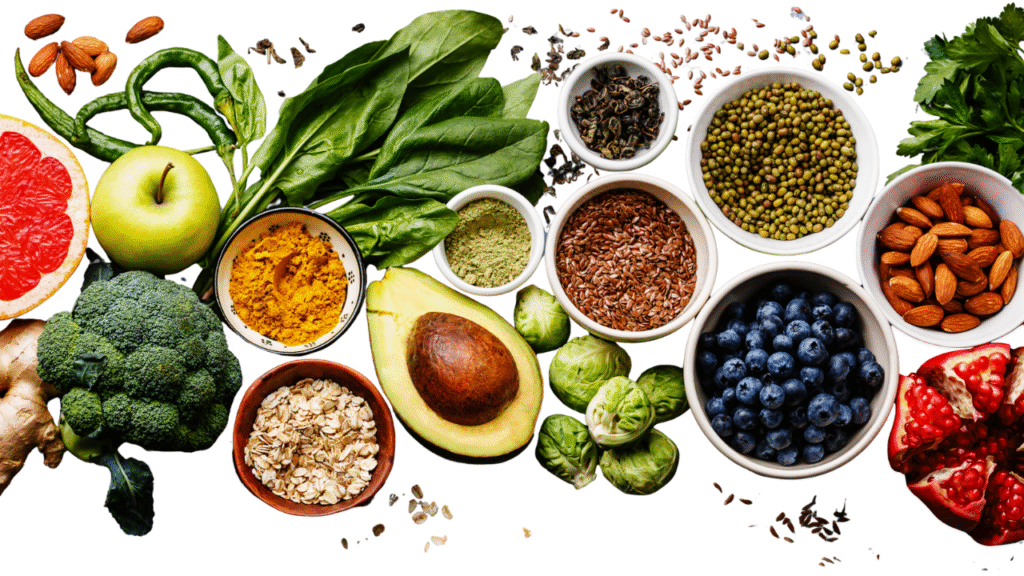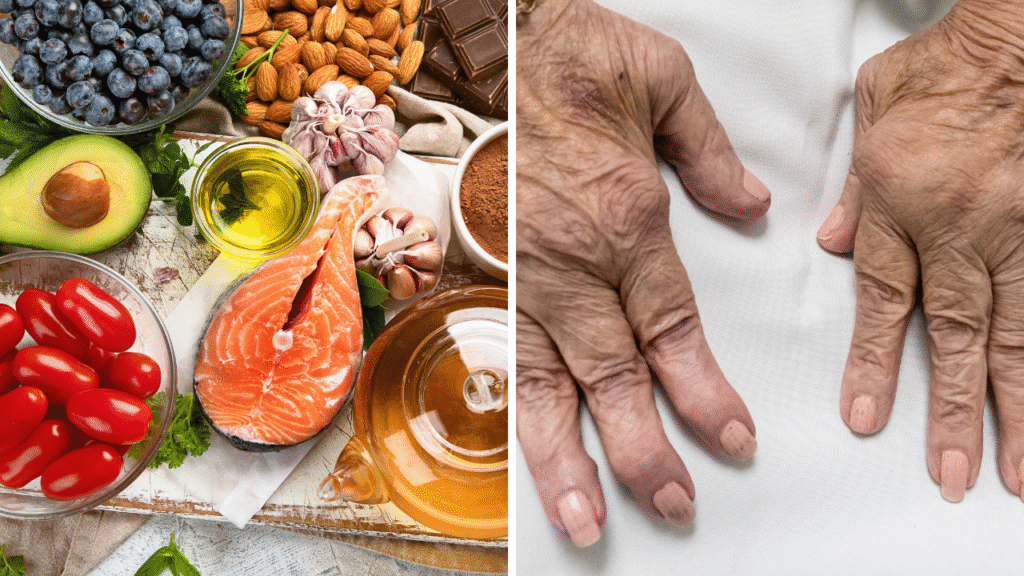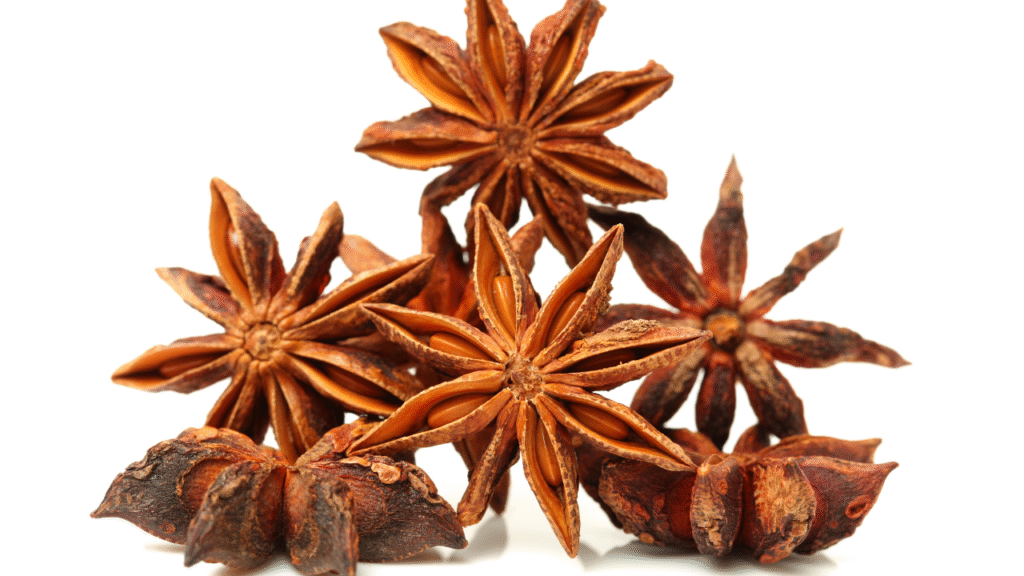Remedies for natural hair growth, like scalp massage and essential oils, are becoming more popular. This is because they tend to be gentler than treatments that involve medication.
Hair loss is a widely prevalent condition affecting people of any age and gender. It is a phenomenon that occurs when hair follicles on the scalp shrink and stop producing hair, leading to a gradual reduction in hair density. There are several reasons for hair loss, such as genetic factors, hormonal imbalances, medical conditions, and environmental factors. While hair loss is not fatal, it can substantially affect a person’s self-confidence and overall well-being. Hence, seeking appropriate medical guidance and treatment for hair loss is essential to avoid further complications.
Are you tired of feeling self-conscious about your thinning hair? Don’t worry; natural treatment tips can help you regrow your hair. Keep reading to discover practical solutions to help you achieve the full, lustrous locks you’ve always desired.
1. Massage
A 2019 study discovered that scalp massage can boost hair growth, blood flow, and scalp health. The technique involves using fingertips to massage the scalp in small circles with light to medium pressure. Massage can also help reduce stress and tension, which can lead to hair loss. The study recommends that each scalp massage last 4 minutes over 24 weeks, with no duration limit. This massage can also help alleviate stress and anxiety, which can lead to hair loss.
2. Aloe vera
Aloe vera can help treat hair loss by calming the scalp, nourishing the hair, eliminating dandruff, and unclogging hair follicles. However, animal studies are limited, and additional human studies are required. For usage, apply pure aloe vera gel to the scalp a few times per week and use aloe vera-based shampoo and conditioner.
3. Using pumpkin seed oil
A 2014 study discovered that men who received 400 mg of pumpkin seed oil for six months had a 40% increase in average hair count, compared to 10% for those who took a placebo. The men ranged in age from 20 to 65 years old and had a history of androgenic hair loss. According to the study, pumpkin seed oil may promote hair development.
4. Coconut oil
Coconut oil, which contains lauric acid, helps minimize protein loss from hair while also enriching the scalp’s flora, making it healthier. It can be applied before or after hair washing, depending on the kind of hair. Apply a leave-in treatment for oily hair overnight or a few hours before washing. It is suitable for use as a leave-in treatment on dry hair. Massage coconut oil into your scalp and hair; it can also be a leave-in treatment.
5. Viviscal
Viviscal is a natural hair growth product that stimulates new hair growth in thinning hair. It contains mineral-rich components such as shark and mollusk powder, organic silica, vitamin C, biotin, and zinc. The supplement is taken twice daily for at least six months and includes shampoo and conditioner.
6. Taking saw palmetto
A study on men with male pattern baldness revealed that taking saw palmetto supplements could enhance hair growth. The participants were given 320 mg of saw palmetto every day for two years, and the hair growth was mainly observed in the vertex, which is the top and back of the scalp, which is frequently affected by baldness.
7. Fish oil
Fish oil supplements are high in nutrients, including proteins and omega fatty acids, which have been demonstrated to increase hair density and diameter and reduce hair loss. These nutrients and antioxidants may reduce inflammation and boost immunity, promoting hair growth and overall health. However, you must consult a healthcare practitioner before integrating supplements into your diet.
8. Ginseng
Ginseng supplements can promote hair development by activating hair follicles, with ginsenosides being the active ingredient. It is critical to adhere to the specified dosage and remain informed of any potential adverse effects.
9. Castor oil
Castor oil is extracted from Ricininus communis plant seeds and is known to nourish and strengthen hair. It contains ricinoleic acid that can penetrate the skin and inhibit prostaglandin D2 synthase (PGD), impairing hair growth in people with androgenetic alopecia. Castor oil has anti-inflammatory qualities, hydrates, and encourages hair development, but no proof of hair growth benefits exists. It is generally safe for scalp use but can cause acute hair felting in rare situations. It is often used with coconut oil to maximize its benefits.
10. Onion juice
Onion juice has been shown to increase hair development and treat patchy alopecia areata, an autoimmune disorder that causes hair loss. According to a 2015 study, it also increases circulation, which increases the keratinocyte growth factor, a crucial modulator of hair follicle development. Blend a few onions, squeeze the juice, and massage it into your scalp and hair for at least 15 minutes. For optimal results, use shampoo after the treatment.
11. Rosemary oil
A 2015 study indicated that rosemary oil was as effective as minoxidil in treating androgenetic alopecia. Combine a few drops of rosemary oil with a carrier oil, such as argan or jojoba oil, and massage it into your hair and scalp before rinsing. You can also mix rosemary oil into your shampoo and conditioner on a daily basis, but avoid applying essential oils straight to your skin.
12. Indian Gooseberry
Indian gooseberry is a cultural herb and an ancient cure from India, high in vitamins and antioxidants. It can stimulate the body’s production of collagen tissues and other compounds that prevent hair loss and encourage growth. To use this cure, combine two teaspoons of amla powder and lime juice in a clean cup of warm water. Apply it to the hair, and it will come back quickly. Another home treatment for long hair is frequent shampoos to eliminate oil, debris, and bacteria. You can manufacture your shampoo or purchase an artificial shampoo with amla, shikakai, or soap nut juice from India.
13. Rice water
For millennia, East Asian societies have utilized rice water, a fermented residual liquid from rinsing rice, as a natural hair growth agent. It contains nutrients that increase hair elasticity and gloss and decrease surface friction. However, there is limited evidence to support its hair growth abilities. Rice water contains amino acids and vitamins, which help strengthen the hair shaft and promote suppleness, allowing hair to grow for extended periods before breaking. Despite this, rice water is relatively inexpensive and easily accessible to the general public, making it a viable addition to hair care routines.
14. Geranium oil
Geranium, a South African plant, is famous for its aroma and oil. A 2017 study discovered that geranium oil can improve hair growth and circulation in mice. Combine three drops of geranium essential oil and eight drops of carrier oil. Apply directly to the hair or mix with shampoo and conditioner.
15. Jojoba oil
Jojoba oil’s moisturizing and hydrating characteristics make it an effective natural home treatment for hair growth. It promotes hair growth by increasing blood circulation and restoring dry, damaged hair. To use, wash your hair as usual, then add jojoba oil to the conditioner, apply it to your hair, and rinse with water. For optimal results, use this medication once to twice a week. This natural home treatment is thought to promote rapid hair growth.
16. Lemon oil
A 2016 animal study indicated that lemon oil can support healthy scalp and hair growth, and a 2021 review suggests that sinapic acid, a bioactive molecule in lemons, may also help with hair growth. Fresh lemon juice is applied 15 minutes before shampooing, and lemon essential oil mixed in a carrier oil can also help with hair masks.
Causes of hair loss
Hair loss is frequently classified as scarring or non-scarring, regardless of age. Alopecia and other conditions can cause permanent scarring and hair loss. Alopecia areata and telogen effluvium both cause non-scarring hair loss. Telogen effluvium causes hair follicles to rest, slowing hair growth or inactivity. Birth, fever, a protein deficiency, major surgery, a severe chronic illness, or certain drugs can all contribute to this syndrome. Doctors categorize hair loss into scarring and non-scarring forms.
Prevention
Avoiding high-heat blow-dryers, eating a balanced diet, and managing stress can all help promote hair development. Other ways to promote hair growth include avoiding breakage-causing hair accessories, avoiding damaging styling products, limiting the use of bleach, relaxers, and hair dyes, avoiding excessive shampooing or brushing, and not brushing or applying plastic or rubber hair ties to wet hair. Gently treating hair can help to maintain it and reduce hair loss. However, aging may cause hair loss.
Knowing when you should discuss your hair loss with a doctor is essential.
See a doctor if you’re losing a lot of hair, especially if it’s happening along with other symptoms like fatigue, anxiety, itching, or mood swings. They may recommend specially made products such as shampoos, vitamins, or prescription medications to halt or cure hair loss and hair transplantation procedures such as follicular unit transplants or extractions.
Summary
– Hair growth is affected by both genetic and lifestyle factors.
A proper diet and proper hair care can promote hair growth and thickness.
– Home remedies and natural therapies can also help with hair growth, but results may take months to become noticeable.
– If concerned about hair loss or growth, visiting a doctor is recommended.
– Consulting a doctor is also advised if natural approaches do not work.
Links
- Comparitive effectiveness of finasteride vs Serenoa repens in male androgenetic alopecia: a two-year study – PubMed (nih.gov)
- Effect of Pumpkin Seed Oil on Hair Growth in Men with Androgenetic Alopecia: A Randomized, Double-Blind, Placebo-Controlled Trial – PMC (nih.gov)
- Anatomy, Hair Follicle – StatPearls – NCBI Bookshelf (nih.gov)
- Standardized Scalp Massage Results in Increased Hair Thickness by Inducing Stretching Forces to Dermal Papilla Cells in the Subcutaneous Tissue – PMC (nih.gov)
- Preparation and optimization of aloe ferox gel loaded with Finasteride-Oregano oil nanocubosomes for treatment of alopecia – PMC (nih.gov) –
- Longitudinal study of the scalp microbiome suggests coconut oil to enrich healthy scalp commensals | Scientific Reports (nature.com)
- Nutraceuticals for Androgenetic Alopecia – PMC (nih.gov)
- Effect of a nutritional supplement on hair loss in women – PubMed (nih.gov)
- Hair Growth-Promoting Mechanisms of Red Ginseng Extract through Stimulating Dermal Papilla Cell Proliferation and Enhancing Skin Health – PMC (nih.gov)
- Onion Juice (Allium cepa L.), A New Topical Treatment for Alopecia Areata – Sharquie – 2002 – The Journal of Dermatology – Wiley Online Library
- The Use of Natural Ingredients in the Treatment of Alopecias with an Emphasis on Central Centrifugal Cicatricial Alopecia: A Systematic Review – PMC (nih.gov)
- Hair growth-promoting effect of Geranium sibiricum extract in human dermal papilla cells and C57BL/6 mice – PMC (nih.gov)
- In vitro and in vivo effect of Citrus limon essential oil against sarcoptic mange in rabbits | Parasitology Research (springer.com)
- Hair Oils: Indigenous Knowledge Revisited – PMC (nih.gov)




